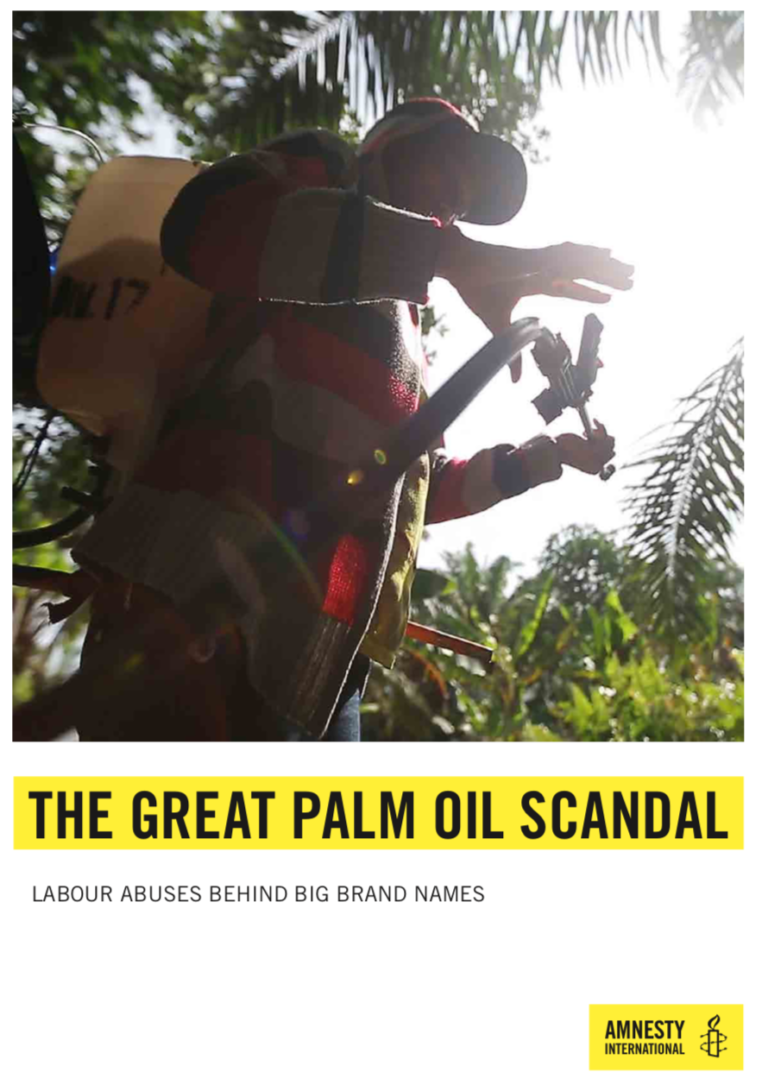Modern Slavery PEC Impact Report for 2019-2022
News & AnalysisPublicationsSlavery is a complex phenomenon and a pervasivescar on humanity. The control of another person, theexploitation of their body and labour, and the removalof their rights, is a degradation of all concerned. It isall too easy to see this as a problem o...Read More

